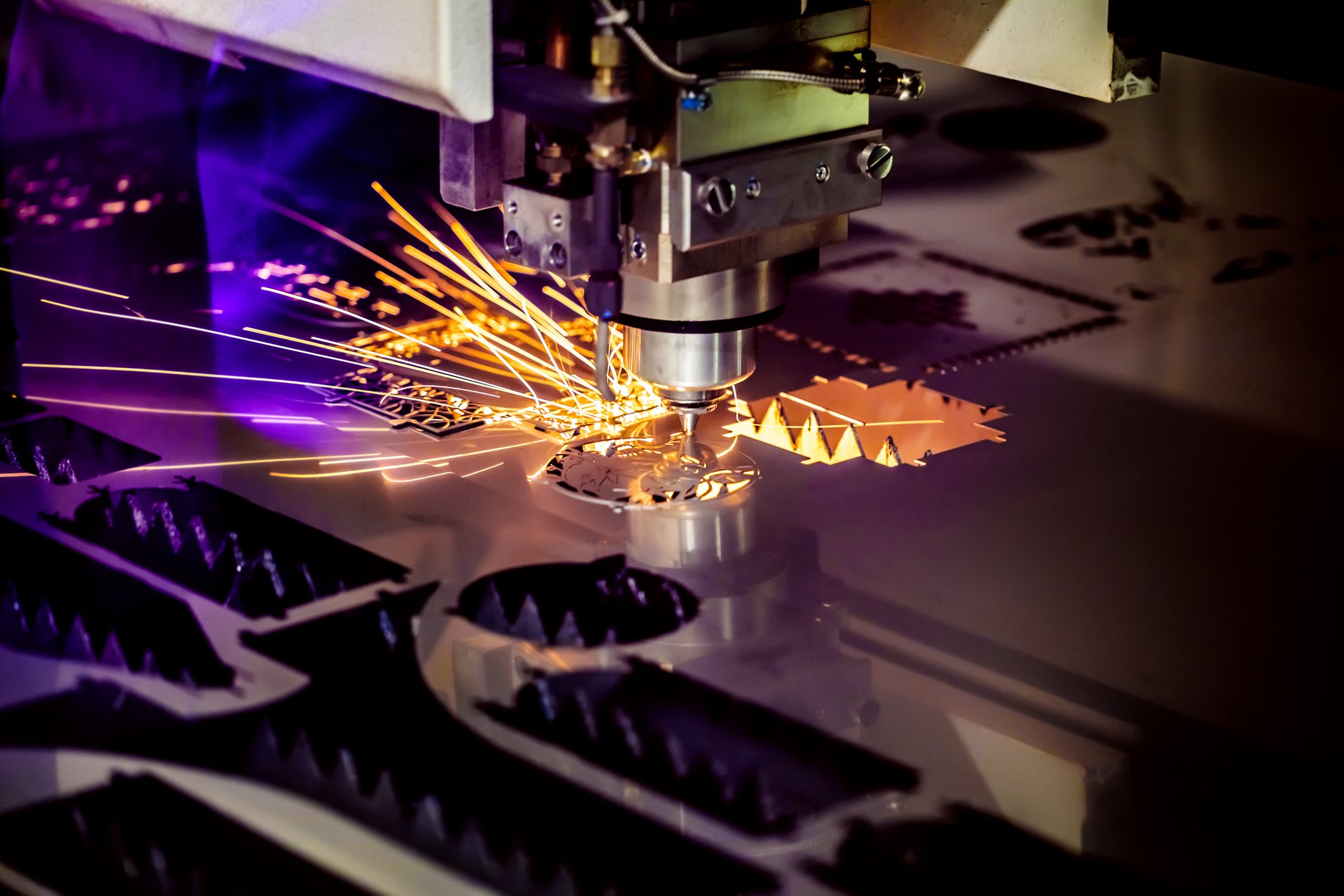When Does Small-Batch MedTech Manufacturing Make Sense?
For several reasons, small-batch manufacturing in the medical device industry is gaining traction as an approach that can both cut costs and power market adoption.
Rapid technological advancements are driving the speed of innovation, meaning that if a company wants to stay competitive, it needs to find a way to adapt quickly and bring products to market fast. Yet regulatory shifts, changing healthcare policies, and up-and-down economic conditions also increase the volatility of that market. As a result, more and more device manufacturers are seeking the flexibility to adjust production in response.
This article explores the world of small-batch manufacturing, highlighting its role in fostering innovation and keeping companies agile—and offering a solution for firms thinking of dipping a toe in the proverbial water.
Understanding Small-Batch Manufacturing
“Small-batch manufacturing” refers to the production of limited quantities of medical devices or products, typically in batches of no more than 2,000 units—but often as low as 20.
This approach is particularly beneficial during specific stages of a product’s lifecycle, such as the initial market entry, the testing phase preceding FDA approval, or the tail end of the product’s market presence. By focusing on smaller production runs, companies can maintain greater flexibility, reduce costs, and adapt swiftly to market demands and regulatory requirements.
And since R&D can be so costly, small-batch manufacturing also reduces some of the financial risk associated with new product development.
Challenges and Solutions in Small-batch Manufacturing
So why don’t more medical device companies embrace small-batch? Unfortunately, the primary reason is that finding a reliable manufacturing partner for small-batch production poses significant challenges.
MedTech clients come to us often saying they often struggle with long lead times, with the search for a suitable partner taking anywhere from six to nine months. (This is why, at Concise Engineering, we’ve built a viable solution that can often fill this gap in less than a week.)
When to Opt for a Small-Batch Manufacturing Process
Small-batch manufacturing can be most effective during initial market entry—especially for companies awaiting FDA approval—because it enables the production of verification and validation builds necessary for regulatory compliance.
Additionally, at the end of a product’s lifecycle, small runs are perfect for meeting dwindling demand without overcommitting resources.
One often overlooked factor in making the decision is resourcing, which means deciding when to pivot from in-house to outsourced manufacturing is crucial. Outsourcing frees internal teams to focus on areas where their expertise is most valuable—product innovation, market research, business development, and so on—leaving the outsourced team to take care of everything from navigating the regulatory process to managing all aspects of the manufacturing project.
In our experience, this strategic division of labor is not only a “good” way to maintain a competitive edge while efficiently managing resources—it’s the “only” way.
Concise Engineering—Your Small-Batch Partner
When it comes to FDA-regulated products, specialization and expertise are non-negotiable. Our deep-rooted knowledge in the medical device sector ensures that your product meets stringent regulatory standards without compromising innovation or quality.
This focus on specialization makes us an ideal partner if you’re considering navigating the complexities of small-batch biotech manufacturing.
We bring over 40 years of in-house experience in medical device manufacturing and design to the table. This expertise is exactly what you need to ensure compliance and precision throughout the manufacturing process. Whether it’s crossing the finish line with a pilot run or managing small production batches for market testing, we can help you make sure you succeed.
Our advanced production capabilities and an experienced R&D team make us a prime choice for efficient and cost-effective manufacturing—especially for limited runs. We’re also committed to growing alongside our clients, continuously refining our manufacturing tooling to minimize upfront NRE fees. We also have the most competitive MOQs you’re likely to find. (It’s not “small-batch” if the batch isn’t actually small.)
The Future of Small-Batch Manufacturing in MedTech
Small-batch biotech manufacturing offers a flexible, cost-effective, and responsive approach to product development and market introduction in the medical device industry.
However, as the industry continues to grow, outsourcing will become the pre-eminent strategy for staying agile. Regulations in the medical device industry are stringent, and focusing internal resources on core, revenue-generating activities while outsourcing others can be a game-changer.
At Concise Engineering, we feel (not surprisingly) that failing to outsource services could lead to a loss in market share. Major industry players are increasingly outsourcing, so you should consider bringing on a specialized expert partner to stay competitive.
We invite you to consider partnering with Concise Engineering for your small-batch manufacturing needs. With our extensive experience and ability to engage quickly, we’re well-positioned to help you navigate the many complexities of the process. If you’ve found yourself asking, “Who can help me produce my product in low quantities?” or “How can I extend my design and operations teams efficiently?” it’s time to reach out. Schedule a call, and let’s explore how we can help you make strategic decisions that propel your product and company forward.
Justin Bushko
President, Concise Engineering
Next Steps
We hope you find this newsletter valuable and insightful.
If you have any questions, if you have feedback or would like to explore any specific topics further, please feel free to reach out to us.
Please email me at jbushko@concise-engineering.com or to book a call with me, click this link.
Stay tuned for future editions where we'll continue to share valuable information and industry updates.


